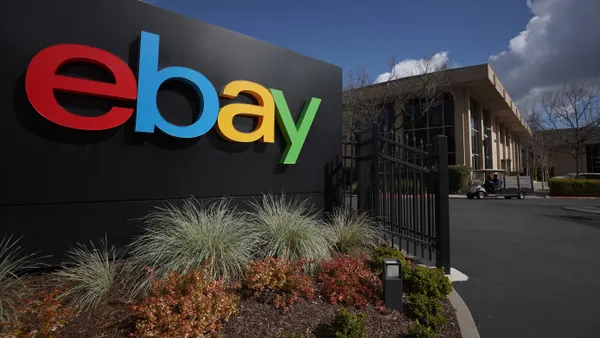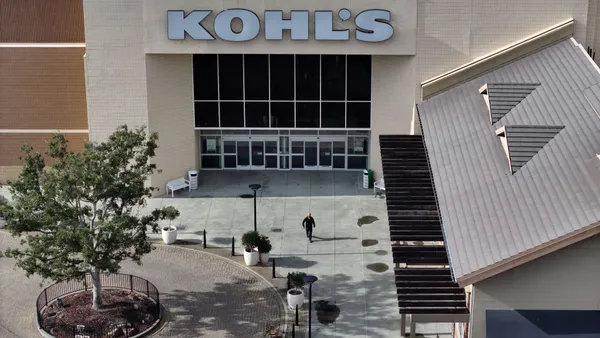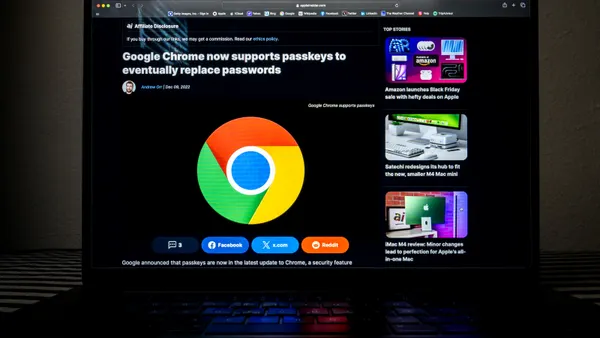Dive Brief:
-
On-demand delivery firms Postmates and DoorDash are beginning pilot tests of driverless delivery robots from startup Starship Technologies in Redwood City, CA and Washington D.C., according to TechCrunch.
-
Starship's squat six-wheel delivery robots can carry up to a 40 lb. load and travel at up to four miles per hour over short distances along sidewalks or streets; the company has previously received regulatory approval to use them. The Starship robots are managed remotely by human operators through a fleet management application, but they primarily rely on computer vision and street map data to travel their delivery routes.
-
Both Postmates and DoorDash said they don't have specific plans for delivery robots, but want to explore the viability of Starship's technology. “We don’t have a grand vision that robots would be the ultimate delivery mechanism or something. It’s far too early to say," Postmates Senior Vice President Holger Luedorf told TechCrunch. "We do want to gather a lot of data.”
Dive Insight:
This report on the involvement of Postmates and DoorDash in tests in two cities comes just days after Starship itself indicated that its first U.S. demonstration would be happening soon in Washington, D.C. At that time, Starship also announced that Daimler’s Mercedes Benz Vans unit and several other companies invested about $17.2 million combined in company, which was started by Skype founders Ahti Heinla and Janus Friis, and which already has made deliveries in many European countries and cities.
Postmates itself is just coming off a major funding round of its own intended to fuel its expansion in a number of directions, and its readiness to test the Starship robot suggests it is willing to explore new options that can give it a competitive leg up in the increasingly crowded market for last mile delivery. DoorDash may be looking to do the same after expanding beyond its initial restaurant delivery scope.
Starship's small, relatively slow-moving vehicles present an interesting counterpoint to airborne delivery drones. These robots still need regulatory permission to operate, but wouldn't be subject to more restrictive air transport regulations, and they would appear to be an overall safer alternative to drones. They also could cover roughly the same distance delivery drones ar aiming to cover — a couple of miles — though it certainly would taken them longer to cover that distance.
Postmates and DoorDash seem non-committal for now, but even their willingness to test these robots could open the eyes of other companies to what Starship is doing.
Daimler's investment also is intriguing because the German automotive company has been aggressively exploring all different kinds of new delivery technologies, including a delivery van that would have drones mounted on its roof. There are a number of new solutions emerging in the delivery space. Will there be room for all of them, or could a squat little robot that looks ready to go to work now steal some thunder from the drone delivery air force?











